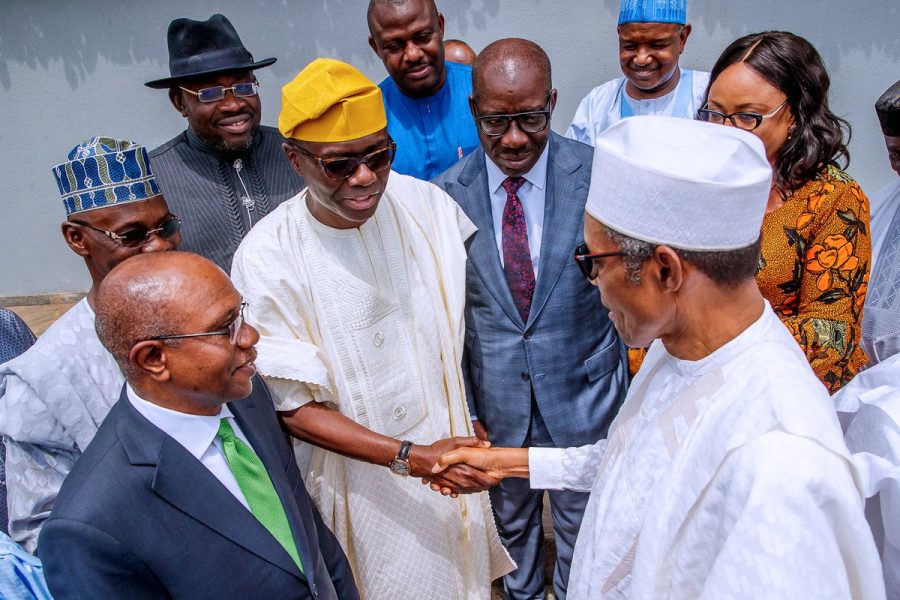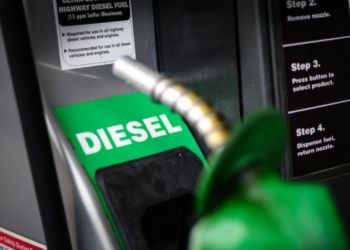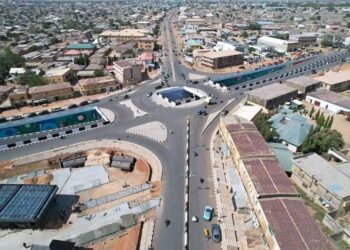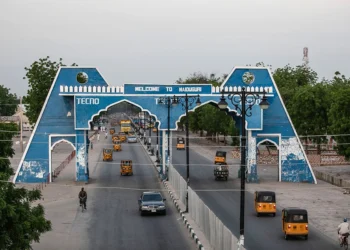Foreign investment in Nigeria in the third quarter of 2019 dropped to $5.36 billion from $5.82 billion recorded in the second quarter. Also, twenty-nine states in Nigeria suffered a huge blow, as foreign investors abandoned them.
According to the latest capital importation data released by the National Bureau of Statistics (NBS), Lagos and Abuja maintain the top spots with the biggest foreign investment inflows into the country.
Essentially, in Q3 2019, the largest amount of capital importation by type was received through portfolio investment, which accounted for 55.88% ($2.99 billion) of total capital importation, followed by Other Investment, 40.39% ($2.16 billion) of total capital, and then Foreign Direct Investment, which accounted for 3.73% ($200.08 million) of total foreign inflows within the period.
Capital inflow by states in Q3
The NBS Q3 report shows that only eight (8) states attracted foreign investment in the third quarter. The downward trend of states not being able to attract investors persisted in Q3; this was reflected in the Q3 capital importation report as 29 states were abandoned by foreign investors.
- Nigeria’s biggest commercial hub, Lagos, attracted 92.7% of the total capital importation received in the country, amounting to $4.97 billion.
- Abuja, which has been to Lagos, received only $381.19 million, down from $1.67 billion in Q2 2019. This means the Federal capital witnessed a major decline in foreign investment inflows, as capital importation in the state dropped by 77%.
- Eight states that received capital inflow include Lagos ($4.97 billion), Abuja-FCT ($381.19 million), Ogun ($7million), Oyo ($1.71 million), Edo ($830,000), Kaduna ($250,000), Kano ($160,000) and Rivers ($30,000).
[READ MORE: Foreign Investors abandoned 27 States, as Lagos and Abuja attracted $5.8 billion]

Some worrying trends
Notably, in the first quarter, the foreign investment inflow in the country Nigeria spread across 19 states (plus FCT), with 17 recording zero foreign investment.
- Meanwhile, going into the second quarter of 2019, most states that received foreign investments in Q1 2019, were badly hit with zero foreign investments.
- According to the Bureau’s data, states that joined the zero foreign investment league in Q2 include Ondo, Delta, Akwa Ibom, Niger, Bauchi, Kwara, Borno, Katsina, Kano, Imo, Cross River, Benue and Adamawa.
- This means in Q2 2019, 29 states in Nigeria were ignored by foreign investors.
- However, the number of states with zero foreign investment increased again in the third quarter.

Why it matters: The sharp decline in foreign investment is a huge setback for states and this means most states in Nigeria are increasingly becoming unviable for investments.
A major concern that arose from the latest capital importation report is the continued decline in Foreign Direct Investment (FDI), which reflects declining investors’ confidence in the Nigerian economy.
For states in Nigeria, a major critical downside is that, as the states continue to lose out on foreign investments, it suggests a downturn in the economy of the states. This may spur unemployment rates and low economic activities across the country.
Highlights of Capital inflow in Q2’19
- Essentially, the decrease in the inflow of Capital Imports into Nigeria, especially Portfolio Investment, indicated a negative development for the Nigerian Capital Market.
- Lower foreign investment negatively affects the liquidity that can sustain market growth, particularly for stocks.
- Another critical concern is foreign direct investment, which declined in the second quarter. This suggests investors are not so confident in the economic prosperity of the country.
- Critical downsides to states are that, as the states continue to lose out on foreign investments, it suggests an economic downturn in these states which may spur unemployment rates across the country.






















